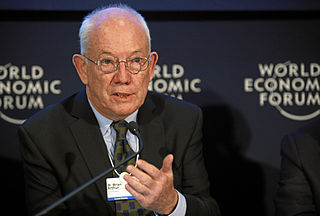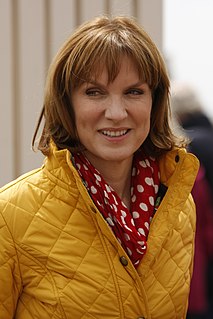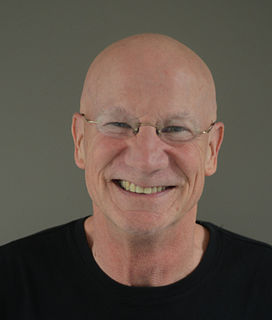A Quote by Kenneth E. Boulding
There is something, however humble, which can properly be called skill among those who recognise themselves as economists.
Related Quotes
When one speaks of humanity, the idea is fundamental that this is something which separates and distinguishes man from nature. In reality, however, there is no such separation: "natural" qualities and those called truly "human" are inseparably grown together. Man, in his highest and noblest capacities, is wholly nature and embodies its uncanny dual character. Those of his abilities which are terrifying and considered inhuman may even be the fertile soil out of which alone all humanity can grow in impulse, deed, and work.
The belief, not only of the socialist but of those so-called liberals who are diligently preparing the way for them is that by due skill an ill working humanity may be framed into well-working initiations. It is delusion. The defective natures of citizens will show themselves in bad acting of whatever social structure they are arranged into. There is no political alchemy by which you can get golden conduct out of laden instincts.
However baby man may brag of his science and skill, and however much, in a flattering future, that science and skill may augment; yet for ever and for ever, to the crack of doom, the sea will insult and murder him, and pulverize the stateliest, stiffest frigate he can make; nevertheless, by the continual repetition of these very impressions, man has lost that sense of the full awfulness of the sea which aboriginally belongs to it.
Writing is the great skill, the creative skill. The acting is more an interpretative skill. And the thrill for me is the moment when I think of something. And then the challenge is how to get that funny idea to work in terms of the structure and that kind of thing, which is - and that's what I really love doing.
Finally, the illusions of validity and skill are supported by a powerful professional culture. We know that people can maintain an unshakeable faith in any proposition, however absurd, when they are sustained by a community of like-minded believers. Given the professional culture of the financial community, it is not surprising that large numbers of individuals in that world believe themselves to be among the chosen few who can do what they believe others cannot.



































